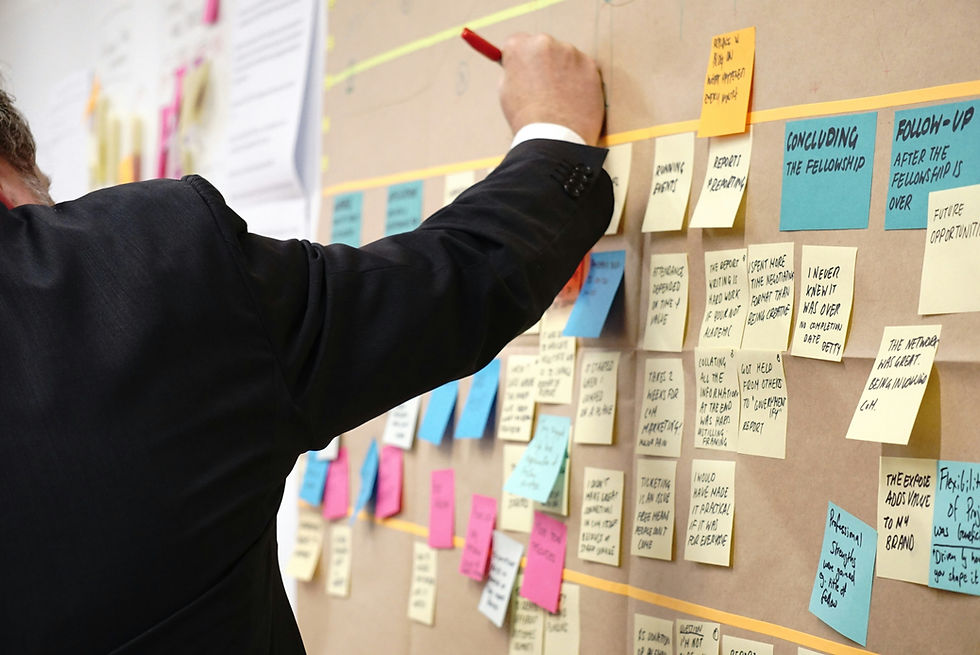Circular Economy in Papua New Guinea
- Alex Borovskis

- Jan 6, 2021
- 2 min read
Updated: Dec 28, 2021

Helixos is proud to announce our ongoing collaboration with the Morobe Development Foundation (MDF) in Papua New Guinea. MDF is a community-based organisation located in Lae, Morobe Province, Papua New Guinea. For over 10 years, the organisation has worked closely with communities to improve quality of life and provide education and engagement related to social issues. They also make impacts in the areas of women empowerment, rural community development, food security, and climate change.
With economic growth and living standards improving in the municipal areas of Papua New Guinea, increased consumption has typically resulted in increases in resources and waste. This project investigated approaches to further improve the current practice in solid waste management in Lae City, Papua New Guinea, in alignment with international best practices and case studies from other emerging economies.
Helixos supported this project with strategic and technical advice in the areas of solid waste and resource management. We proposed adopting an integrated waste management hierarchy philosophy in order to prioritise community efforts from waste reduction through to disposition. We reviewed existing challenges with the regulatory and policy context and available infrastructure and explored opportunities to utilise circular economy concepts, community capability development, and energy recovery solutions.
Helixos is continuing work with the Morobe Development Foundation on projects focused on biodiversity, environmental management, and community development.
Helixos' work in waste management strategy for the Morobe Development Foundation supports the following United Nations Sustainable Development Goals:
More specifically, the following targets:
8.3 Promote development-oriented policies that support productive activities, decent job creation, entrepreneurship, creativity and innovation, and encourage the formalization and growth of micro-, small- and medium-sized enterprises, including through access to financial services.
9.3 Increase the access of small-scale industrial and other enterprises, in particular in developing countries, to financial services, including affordable credit, and their integration into value chains and markets.
9.4 By 2030, upgrade infrastructure and retrofit industries to make them sustainable, with increased resource-use efficiency and great adoption of clean and environmentally sound technologies and industrial processes, with all countries taking action in accordance with their respective capabilities.
11.6 By 2030, reduce the adverse per capita environmental impact of cities, including by paying special attention to air quality and municipal and other waste management.
12.4 By 2020, achieve the environmentally sound management of chemicals and all wastes throughout their life cycle, in accordance with agreed international frameworks, and significantly reduce their release to air, water and soil in order to minimize their adverse impacts on human health and the environment.
12.5 By 2030, substantially reduce waste generation through prevention, reduction, recycling and reuse.










